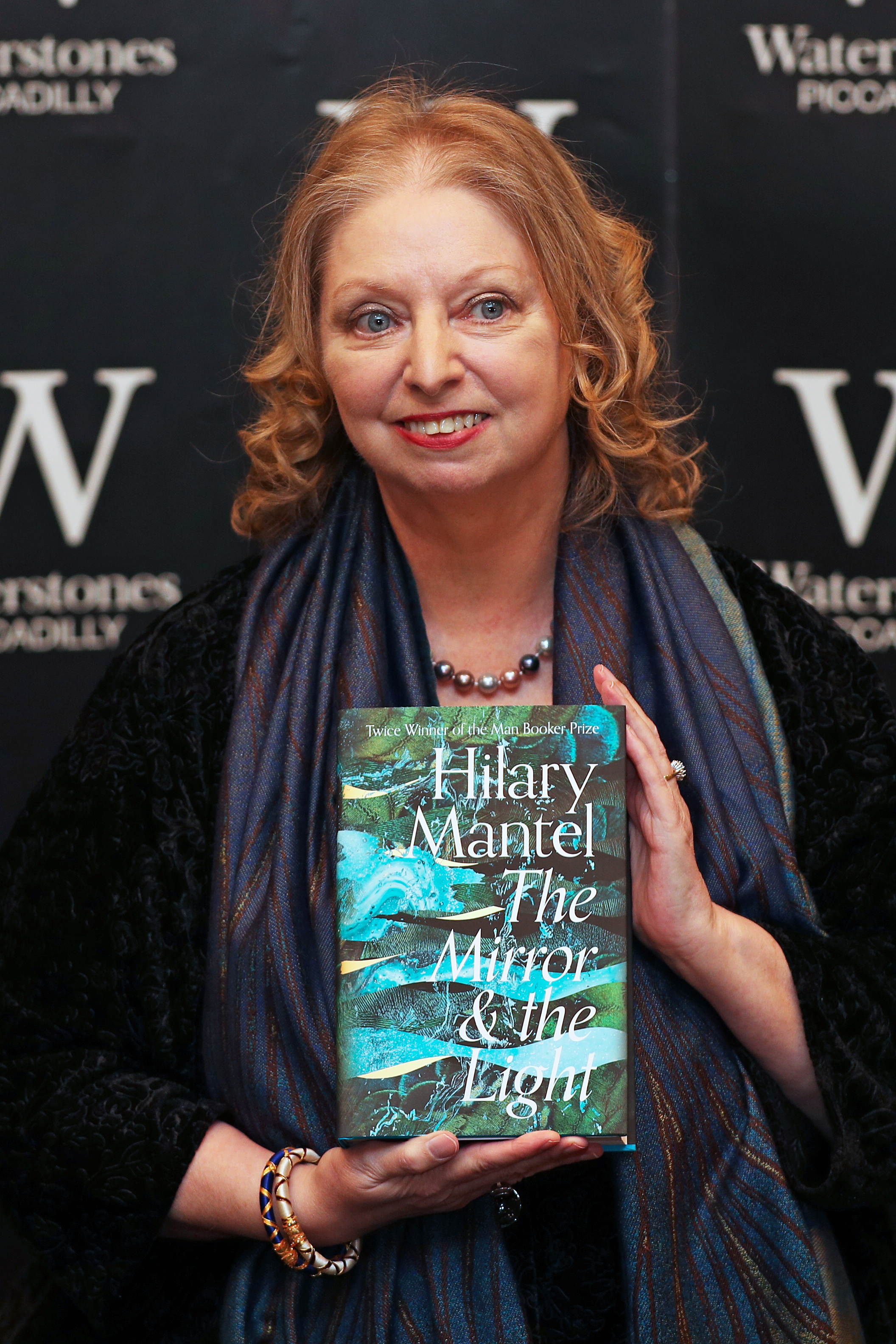

Cromwell did-he always does-but his methods were extreme. The king, having tired of his second wife, Anne Boleyn, and fallen in love with Jane Seymour, told Cromwell to deal with the situation. When we leave Cromwell at the end of Bring Up the Bodies, he has just destroyed a queen, doing maximal damage in the process. “Knowing this, he is distinguished by his courtesy calmness.” Now he allows himself treasonous thoughts: “It is I who tell who he can marry and unmarry and who he can marry next, and who and how to kill.” And he records too-candid observations in a volume of advice for his protégés, “The Book Called Henry.” Mantel makes us wonder: Does Cromwell have himself fully in hand? If not, why not? What strange forces drive him does he understand them and, most important, can he control them in time? His profession requires dealing with “grandees who, if they could, would destroy him with one vindictive swipe,” Mantel writes in the middle novel.

He has taken risks before, but he always exhibited near-perfect self-mastery. In tragedy, the hero is blind to how he brings about his own doom, either because of hubris or because the gods have willed his ignorance, or both. Mantel’s job is to make the inevitable suspenseful, which she does by turning her protagonist into a tragic hero. You can Google his fate in eight seconds. In The Mirror & the Light, which closes the trilogy, we witness Cromwell’s fall. Above all, he plays Henry’s court with consummate dexterity, always several moves ahead of potential opponents. His wit is quick and endearing, except when it’s cutting. He excels at ironwork, the culinary arts, the cloth trade, finance, civil engineering, legislation, and diplomacy. Mantel’s Cromwell is omniscient-he has spies everywhere-and omnicompetent.

The son of a blacksmith and brewer from the hamlet of Putney, Cromwell has become both chief minister to King Henry VIII and the most powerful man in England aside from the king some say he is more powerful than the king. I n the first two novels of her trilogy about Thomas Cromwell, Wolf Hall and Bring Up the Bodies, Hilary Mantel sings, as it were, the poem of his rise.


 0 kommentar(er)
0 kommentar(er)
